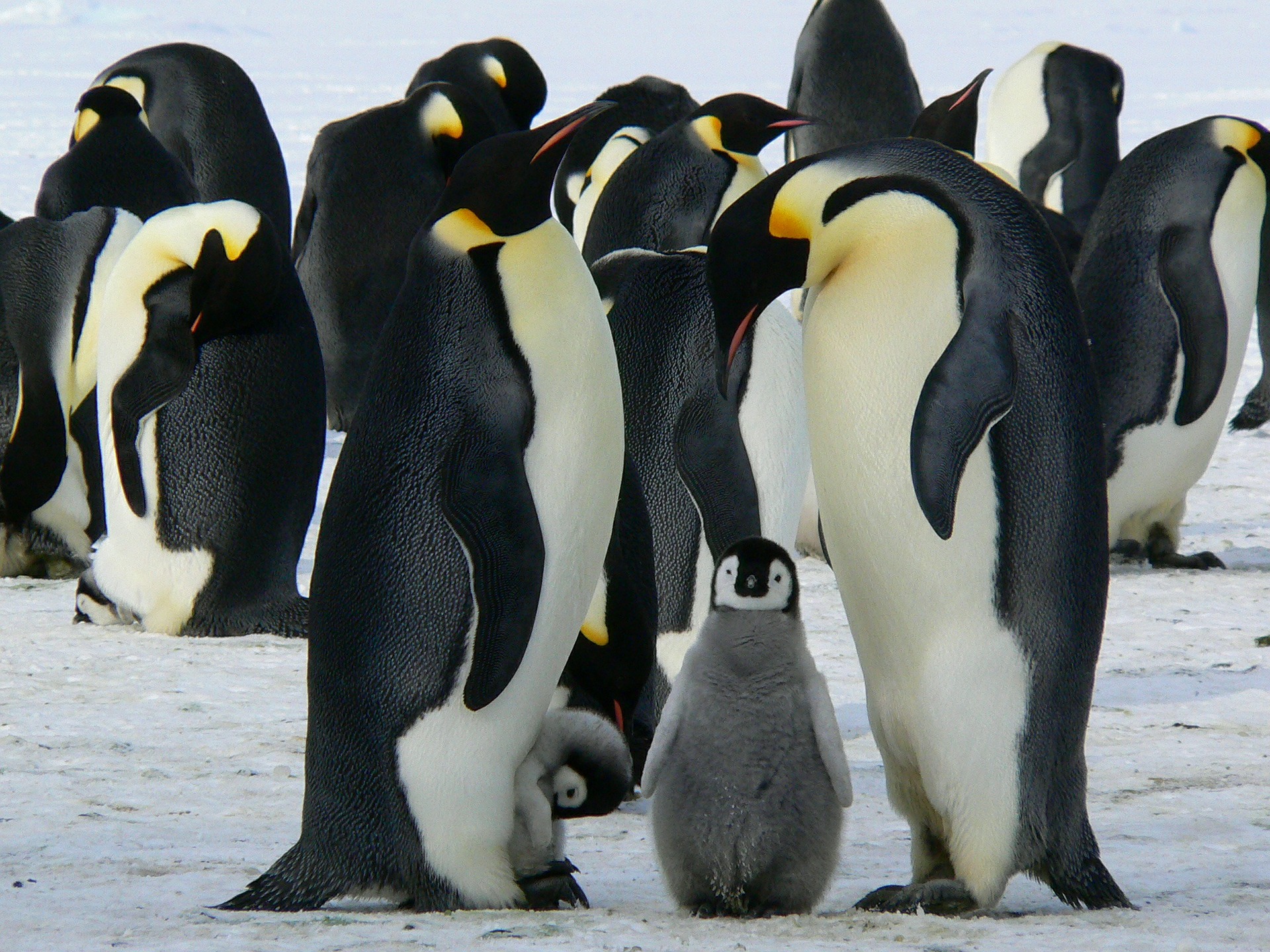News release
From:
Researchers predict population trends of birds worldwide
In a study published in Ibis, investigators combined the power of big data and machine learning, a type of artificial intelligence, to predict population declines for bird species with unknown population trends and used correlation analyses to identify predictors of bird population declines worldwide.
After training and testing their machine learning model on data from 10,163 species with known population trends, the researchers estimated that nearly half (47%) of the 801 bird species with currently unknown population trends are declining.
Correlation analyses suggested that globally, the top predictor associated with bird population declines was a severely fragmented population, with non-migratory birds in South American and Southeast Asian tropical and subtropical forests being particularly vulnerable.
“I see endless possibilities for conservation biology when artificial intelligence is brought into the picture, and we are still not exploring enough,” said lead author Xuan Zhang, of Bird Ecology and Conservation Ontario.



 International
International



